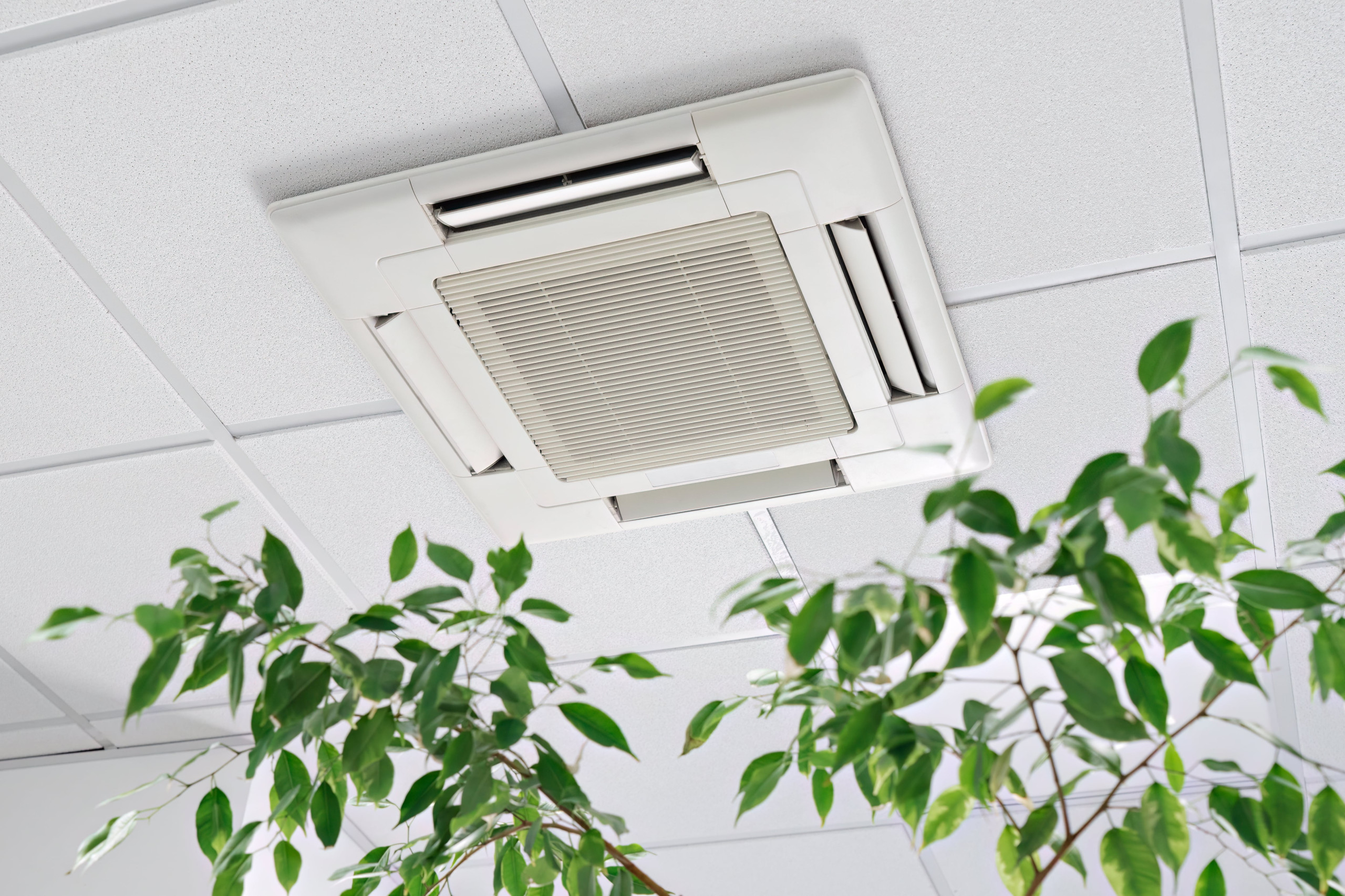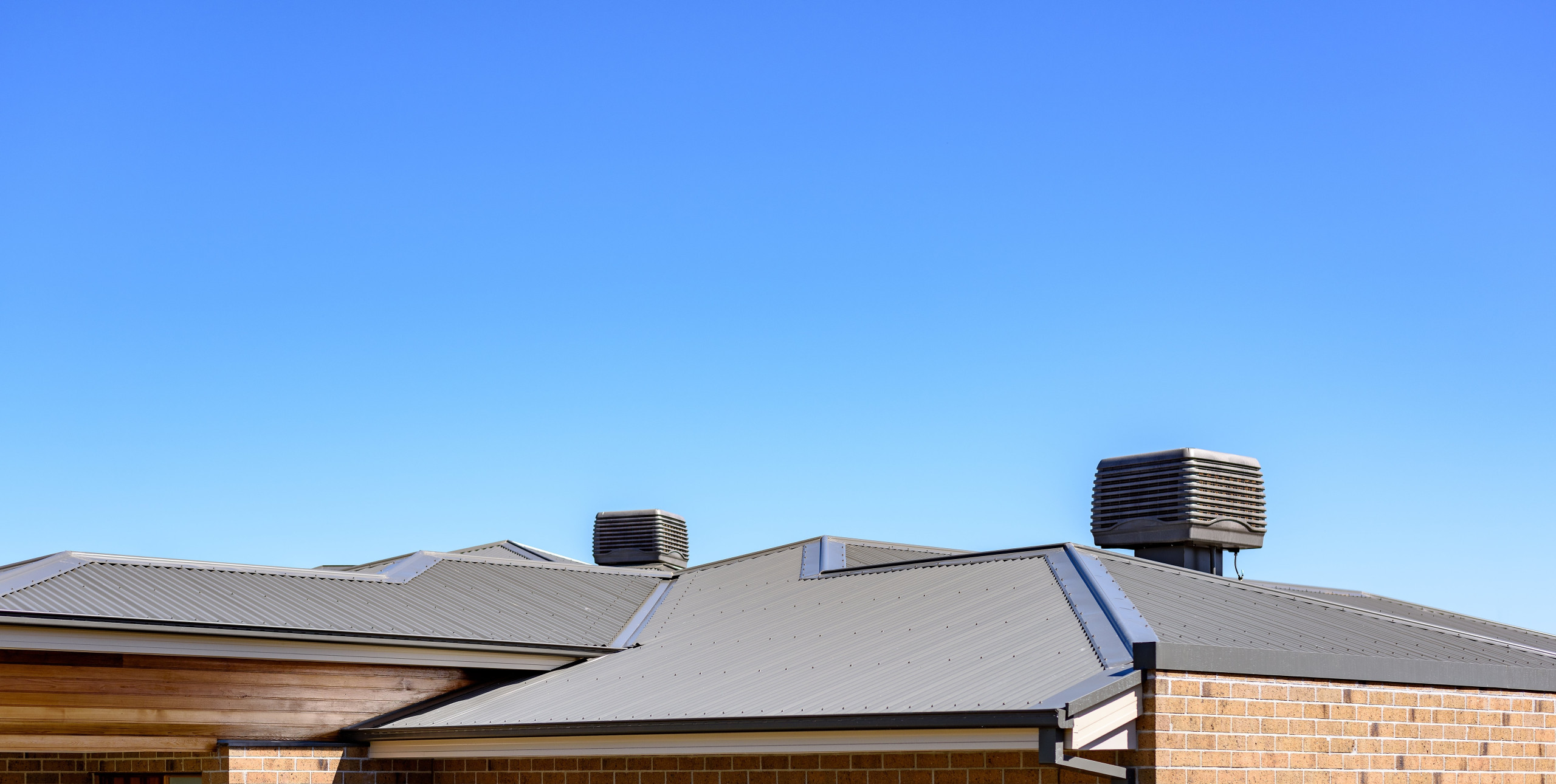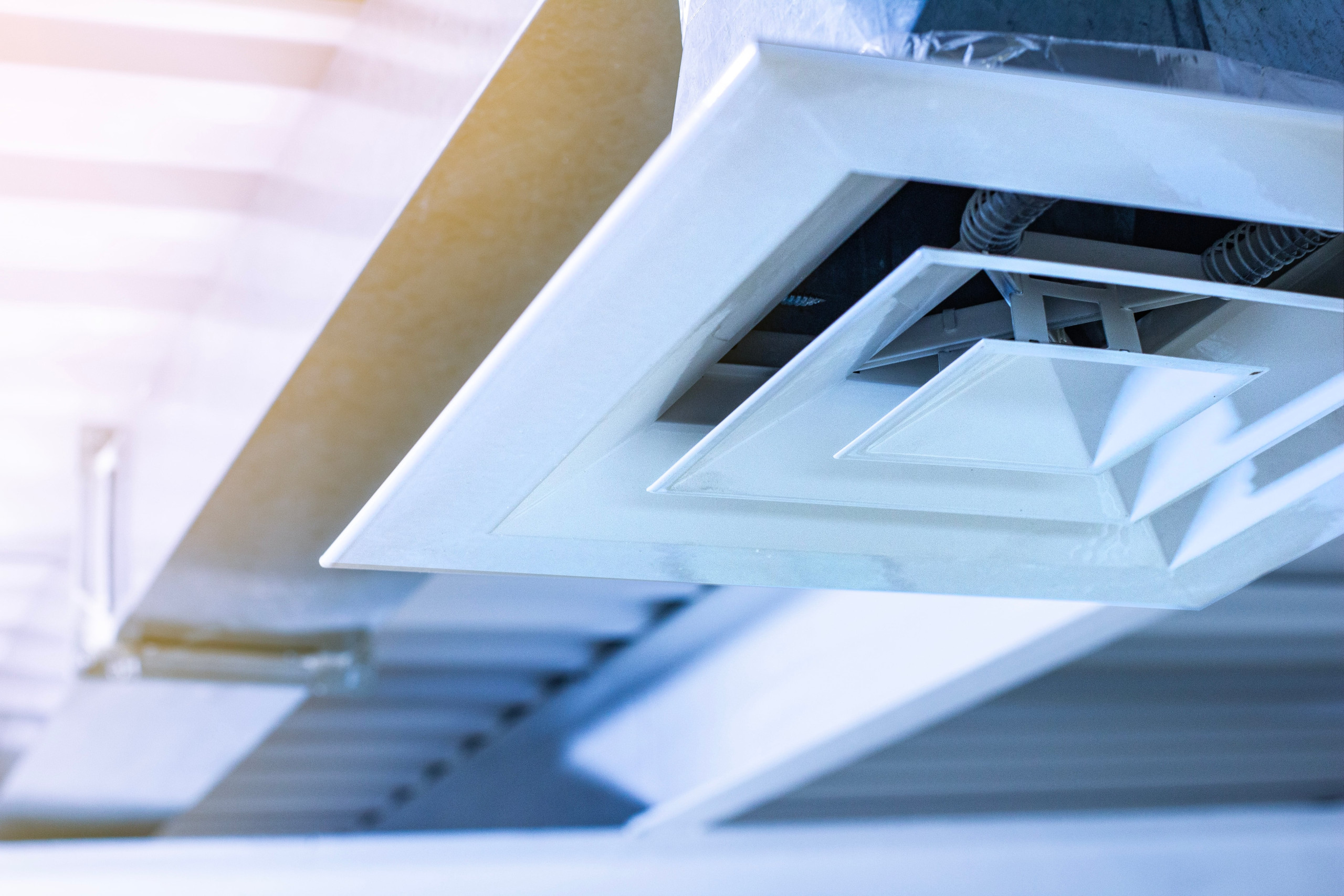Reverse Cycle Air Conditioning vs Gas Heating – What’s Best?
Reverse cycle air conditioning and gas heating are two of the most popular options for heating homes in Australia. But how do they compare with one another?
In this article, we compare reverse cycle air-con vs gas heating across a number of key factors such as cost, performance, energy efficiency, and safety. Armed with this knowledge, we hope you will be able to make an informed decision about which heating type is right for you.

How do they work?
Reverse cycle air conditioners are specially designed to be able to heat or cool your home. They work by drawing in cold air from the outdoors. The cold air absorbs heat from a refrigerant inside the aircon unit and then this warm air is pushed into your home.
Reverse cycle air conditioning units can either be split systems (a wall unit that heats or cools a single room) or ducted systems (heating or cooling is delivered to the whole house via ducts in the ceiling). Reverse cycle A/C requires electricity to run.
Gas heaters require a gas connection to operate. Gas is burned inside, producing heat that is pushed out into the room with fans. Some gas heaters use fan-powered flues which draw in air from the outdoors, heat it and then send it outdoors again. Other gas heaters use indoor air to heat and flues to get rid of waste gases outside.
Performance
The overall effectiveness of both types of heating depends on the climate of where you live. Reverse cycle air conditioning is great for places where winter is quite mild, for example in Western Australia. However, they don’t perform as well in very cold climates.
Gas heaters are more reliable in cold climates as the outside temperature doesn’t impact their performance. Also, gas heaters can heat a room faster than reverse cycle air conditioning. If you’re leaning more towards gas heating, but what something with a little more character, check out our gas log fires.
Energy efficiency
Reverse cycle air conditioning is more energy efficient to run than gas heaters. Choosing an air con model with a higher energy rating will significantly reduce its energy consumption. What’s more, air conditioners come with an adjustable thermostat which means you can set the ideal temperature and avoid wasting energy from overheating your home.
Health and safety
During the process of burning gas, gas heaters may emit harmful gases such as carbon monoxide. Adequate ventilation is necessary to ensure it doesn’t build up inside your home. Flued gas heaters are generally more healthy than non-flued options.
Air conditioners do not produce any harmful gases. In fact, they clean and purify the air from bacteria, dust and other pollutants. To ensure the air quality stays healthy, it’s essential to clean or replace the filters inside your air con regularly.
Cost comparison
Reverse cycle air conditioning costs tend to be higher upfront compared to gas heaters. However, reverse cycle air con is usually more efficient to run and may cost less long term.
A split wall system air conditioner typically cost between $900 to $3000 to purchase and install. Costs are typically between $0.13 and $0.36 per hour to run on the heat cycle. In comparison, gas heating may cost $650 – $1,500 to run every year, depending on the size of your home and how often you use it.
Is reverse cycle air conditioning or gas heating right for you?
If you live in a region where winter temperatures get very low, you might prefer the performance of a gas heater. However, if you live in a region with milder winters and want precise control over your heating a reverse cycle air conditioner might be the better option.
Don’t forget, reverse cycle air cons are two in one appliances – they can also keep your home cool in summer.
If you’ve decided reverse cycle A/C is the way to go, get in touch with our team at iBreeze. We’re experts on air conditioning Mandurah and can help you pick the ideal system for your home.
For energy efficient, effective heating and cooling solutions all year round, reach out to our team of specialists. We’ll deliver the highest comfort to both your residential and commercial space, no matter the size or scale.
Sunday Closed
Monday 9:00am – 5:00pm
Tuesday 9:00am – 5:00pm
Wednesday 9:00am – 5:00pm
Thursday 9:00am – 5:00pm
Friday 9:00am – 5:00pm
Saturday Closed


